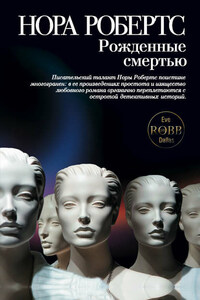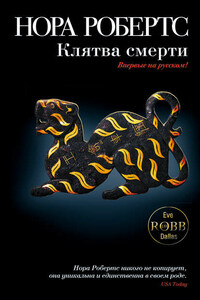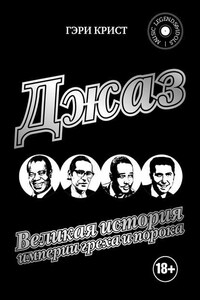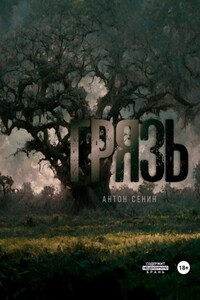The room was dark. Pitch-dark. But the man named Shade was used to the dark. Sometimes he preferred it. It wasnât always necessary to see with your eyes. His fingers were both clever and competent, his inner eye as keen as a knife blade.
There were times, even when he wasnât working, when heâd sit in a dark room and simply let images form in his mind. Shapes, textures, colors. Sometimes they came clearer when you shut your eyes and just let your thoughts flow. He courted darkness, shadows, just as relentlessly as he courted the light. It was all part of life, and lifeâits imagesâwas his profession.
He didnât always see life as others did. At times it was harsher, colder, than the naked eye could seeâor wanted to. Other times it was softer, more lovely, than the busy world imagined. Shade observed it, grouped the elements, manipulated time and shape, then recorded it his way. Always his way.
Now, with the room dark and the sound of recorded jazz coming quiet and disembodied from the corner, he worked with his hands and his mind. Care and timing. He used them both in every aspect of his work. Slowly, smoothly, he opened the capsule and transferred the undeveloped film onto the reel. When the light-tight lid was on the developing tank, he set the timer with his free hand, then pulled the chain that added the amber light to the room.
Shade enjoyed developing the negative and making the print as much as, sometimes more than, he enjoyed taking the photograph. Darkroom work required precision and accuracy. He needed both in his life. Making the print allowed for creativity and experimentation. He needed those as well. What he saw, what he felt about what he saw, could be translated exactly or left as an enigma. Above all, he needed the satisfaction of creating something himself, alone. He always worked alone.
Now, as he went through each precise step of developingâtemperature, chemicals, agitation, timingâthe amber light cast his face into shadows. If Shade had been looking to create the image of photographer at work, heâd never have found a clearer statement than himself.
His eyes were dark, intense now as he added the stop bath to the tank. His hair was dark as well, too long for the convention he cared nothing about. It brushed over his ears, the back of his T-shirt, and fell over his forehead nearly to his eyebrows. He never gave much thought to style. His was cool, almost cold, and rough around the edges.
His face was deeply tanned, lean and hard, with strong bones dominating. His mouth was taut as he concentrated. There were lines spreading out finely from his eyes, etched there by what heâd seen and what heâd felt about it. Some would say thereâd already been too much of both.
The nose was out of alignment, a result of a professional hazard. Not everyone liked to have his picture taken. The Cambodian soldier had broken Shadeâs nose, but Shade had gotten a telling picture of the cityâs devastation, of the waste. He still considered it an even exchange.
In the amber light, his movements were brisk. He had a rangy, athletic body, the result of years in the fieldâoften a foreign, unfriendly fieldâmiles of legwork and missed meals.
Even now, years after his last staff assignment for International View, Shade remained lean and agile. His work wasnât as grueling as it had been in his early years in Lebanon, Laos, Central America, but his pattern hadnât changed. He worked long hours, sometimes waiting endlessly for just the right shot, sometimes using a roll of film within minutes. If his style and manner were aggressive, it could be said that theyâd kept him alive and whole during the wars heâd recorded.
The awards heâd won, the fee he now commanded, remained secondary to the picture. If no one had paid him or recognized his work, Shade would still have been in the darkroom, developing his film. He was respected, successful and rich. Yet he had no assistant and continued to work out of the same darkroom heâd set up ten years before.
When Shade hung his negatives up to dry, he already had an idea which ones heâd print. Still, he barely glanced at them, leaving them hanging as he unlocked the darkroom door and stepped out. Tomorrow his outlook would be fresher. Waiting was an advantage he hadnât always had. Right now he wanted a beer. He had some thinking to do.














